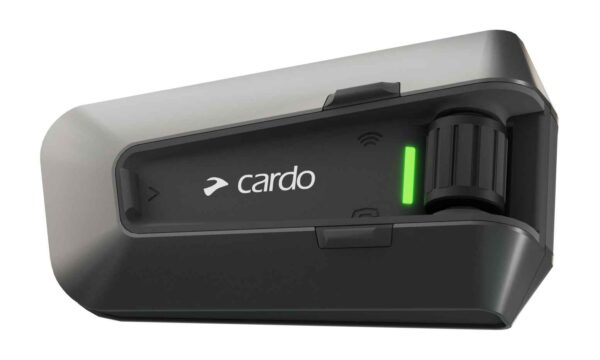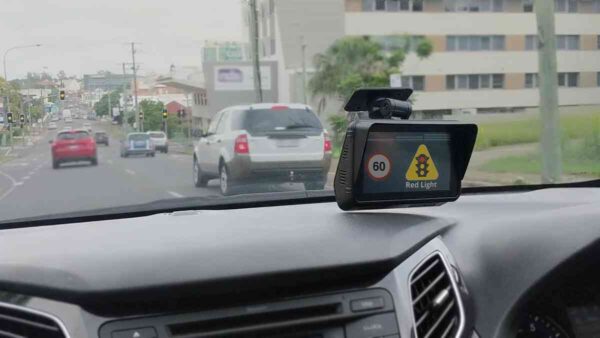Cardo unveils the All-New Packtalk
CARDO UNVEILS THE ALL-NEW PACKTALK GENERATION – The PACKTALK EDGE. GREATNESS. REBORN. Following extensive research and development, and a complete overhaul of the entire component make-up of the PACKTALK series, Cardo Systems is proud to announce a new generation of the world’s best motorcycle communications system, the all-new PACKTALK EDGE. Key highlights include: New slim modern design with no external antenna New magnetic Air Mount for effortless and secure attachment of unit to helmet Second-generation Dynamic Mesh Communication with faster and easier pairing process and wide-band intercom Most advanced Bluetooth 5.2 Technology with “Live Intercom“ support and improved universal connectivity Upgraded Natural Voice engine, enhanced JBL Sound, improved noise-cancelling microphone Additional new features include over-the-air software updates and fast charging via USB-C The new small, slimline, antenna-free unit, has been completely redesigned, boasting a whole host of new features as well as benefiting from all the user-favorite attributes of the previous generation, to make the world’s best motorcycle communications device, even better. In 2015, Cardo Systems launched the world’s first motorcycle communicator to go beyond Bluetooth, with its introduction of Dynamic Mesh Communication (DMC). The state-of-the-art technology means the devices function with a self-adjusting network that not only automatically maintains a connection between up to 15 riders, but allows them to seamlessly join, leave and rejoin. The PACKTALK EDGE takes this technology one step further and boasts second-generation DMC connectivity with benefits including: an unparalleled deep wideband sound quality, a simpler and faster grouping process in DMC mode, faster pairing in Bluetooth mode, and Live Intercom Bluetooth support. Helping cement its ‘edge’ over its predecessors, the PACKTALK EDGE has enhanced sound thanks to redesigned JBL speakers and three new sound profiles, attaches to any helmet using a new magnetic cradle for ease of use, and boasts universal fitment and has […]
Cardo unveils the All-New Packtalk Read More »


